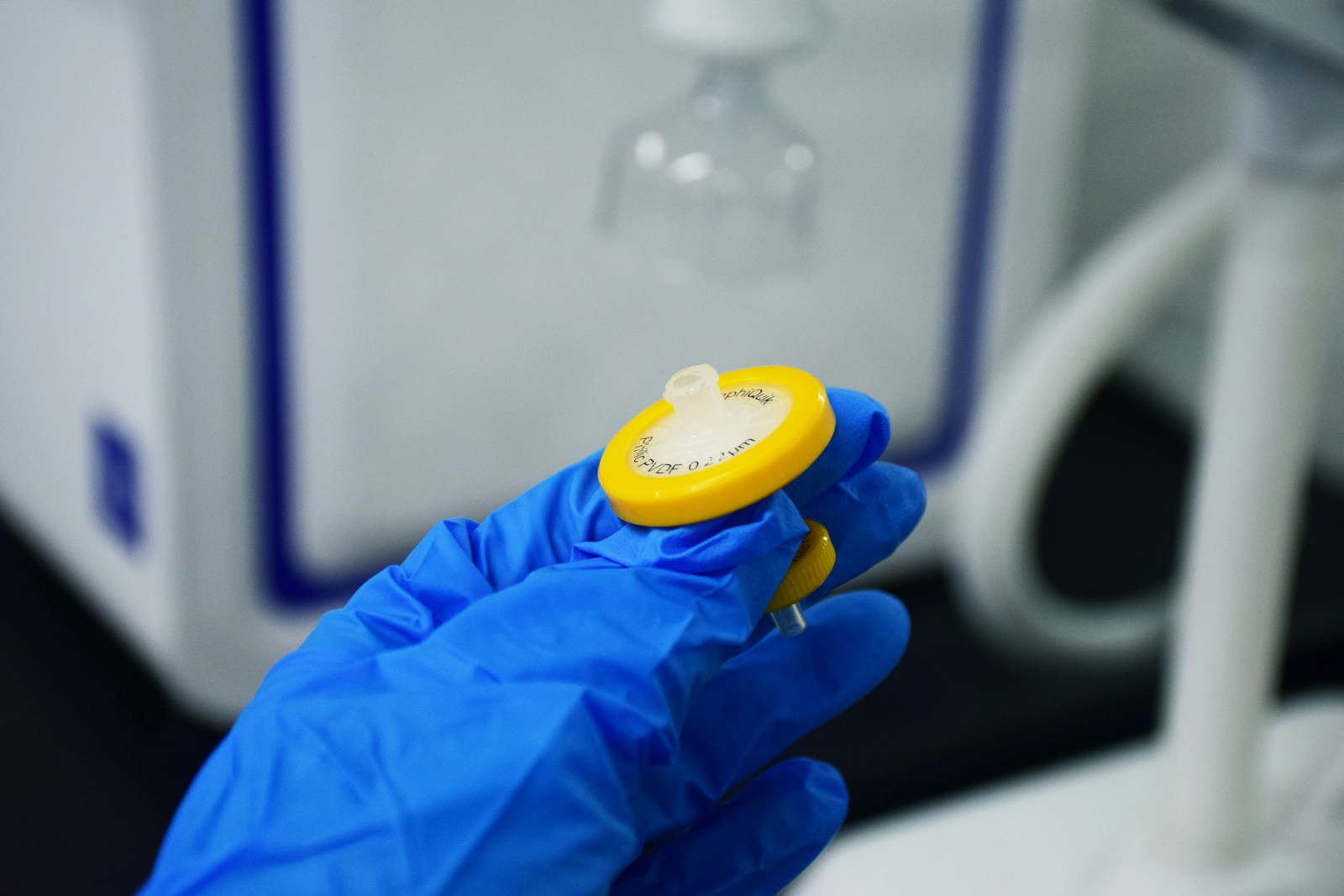
清理水
qīnglǐ shuǐ

purifying water
In Chinese, 'clean the water' is translated as '清理水 (qīnglǐ shuǐ)'. It refers to the action of purifying, filtering, or cleansing water to make it safe and suitable for use. The phrase can be used in a variety of contexts, such as environmental conservation, household chores, or industrial processes.
Example sentences using: 清理水
我需要清理水池。
Wǒ xūyào qīnglǐ shuǐchí.

I need to clean the pool.
The phrase talks about someone who needs to clean or clear a pool, hence the usage of '清理水'.
她正在清理水杯。
Tā zhèngzài qīnglǐ shuǐbēi.

She is cleaning the water glass.
In this case, a person is in the act of cleaning a water glass, represented with the term '清理水'.
清理水罐是他的工作。
Qīnglǐ shuǐguàn shì tā de gōngzuò.

Cleaning the water jar is his job.
This phrase describes someone's job or responsibility to clean a water jar, indicated by '清理水'.
卫生工正在清理水渠。
Wèishēng gōng zhèngzài qīnglǐ shuǐqú.

The sanitation worker is cleaning the canal.
The term '清理水' here denotes the act of a sanitation worker cleaning a canal or waterway.
我们需要清理水管。
Wǒmen xūyào qīnglǐ shuǐguǎn.

We need to clean the water pipes.
This phrase implies that the speaker and others need to clean the water pipes, featuring the term '清理水'.
请你帮我清理水壶。
Qǐng nǐ bāng wǒ qīnglǐ shuǐhú.

Please help me clean the water bottle.
In this sentence, the speaker is asking for someone's help to clean a water bottle, using '清理水'.
这个地方需要清理水潭。
Zhège dìfāng xūyào qīnglǐ shuǐtán.

This place needs to clean the water pond.
The phrase refers to a specific place where there is a need to clean a water pond, indicated with '清理水'.
他们正在清理水缸。
Tāmen zhèngzài qīnglǐ shuǐgāng.

They are cleaning the water tank.
This phrase is about multiple people who are currently cleaning a water tank, hence the use of '清理水'.
自来水公司每年都要清理水塔。
Zìláishuǐ gōngsī měi nián dōuyào qīnglǐ shuǐ tǎ.

The water company cleans the water tower every year.
The term '清理水' in this context refers to a water company's annual responsibility to clean a water tower.
她已经清理水族箱。
Tā yǐjīng qīnglǐ shuǐzúxiāng.

She has already cleaned the aquarium.
In this case, the phrase indicates that someone has completed the task of cleaning an aquarium, using '清理水'.